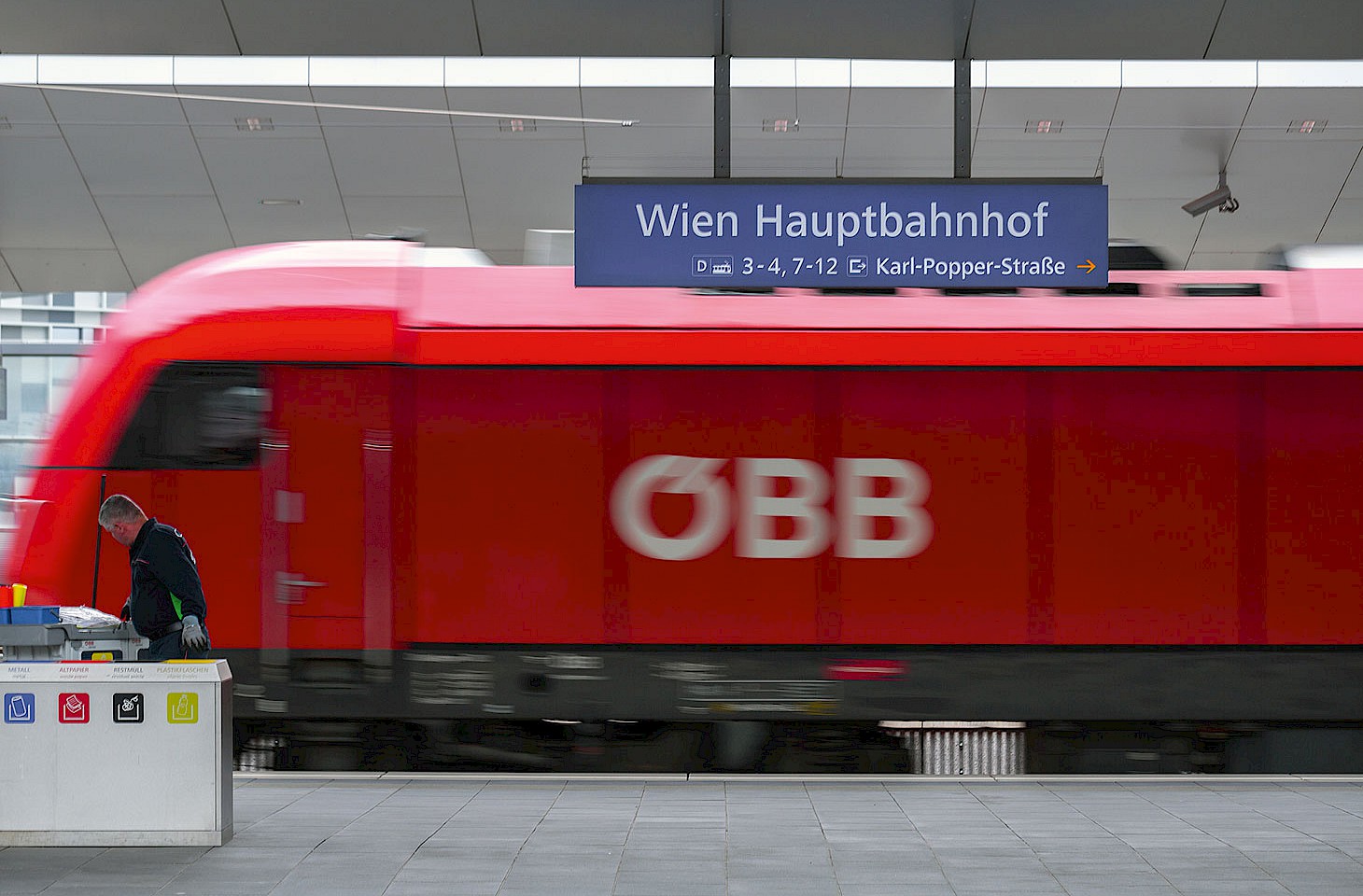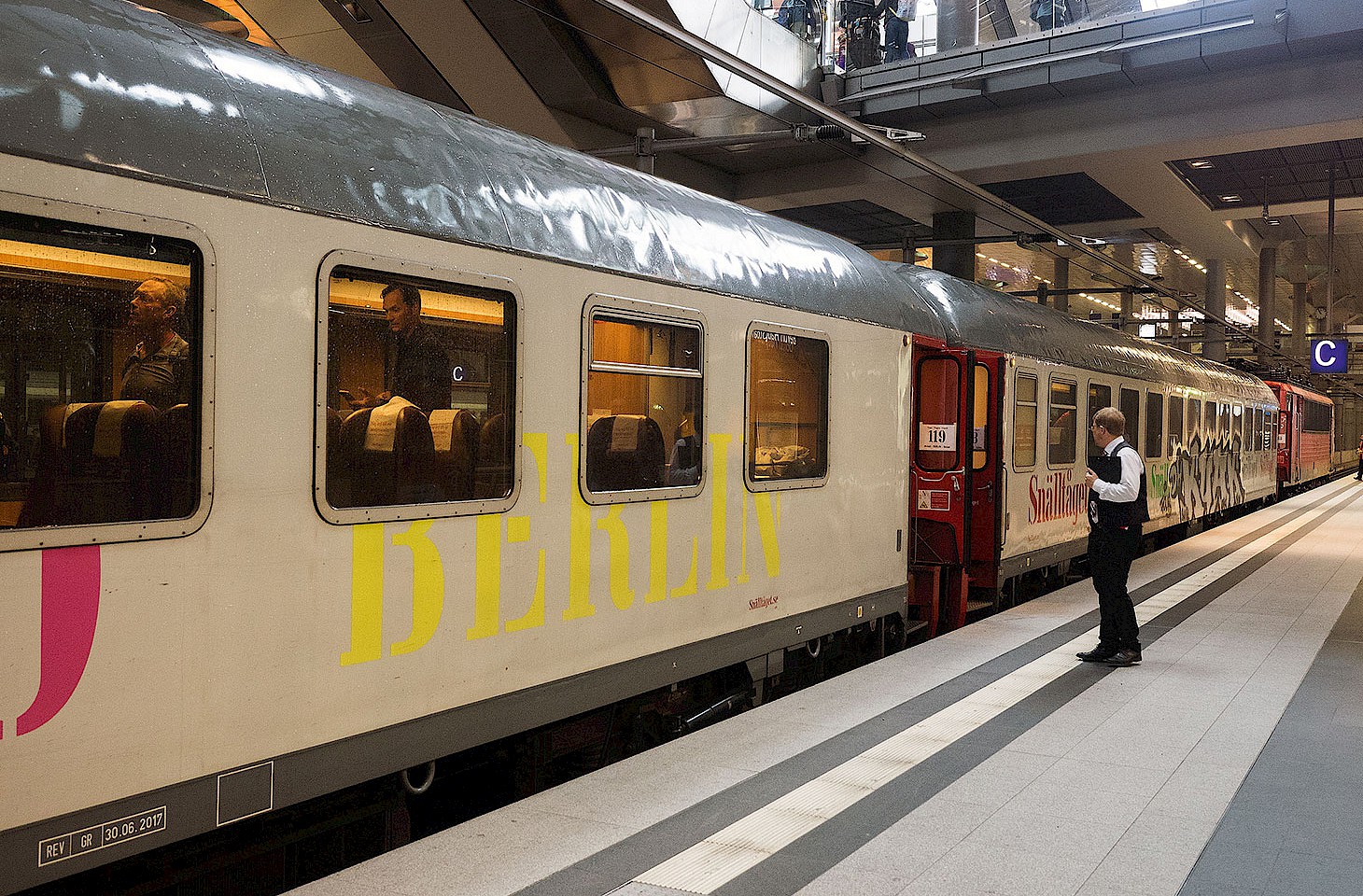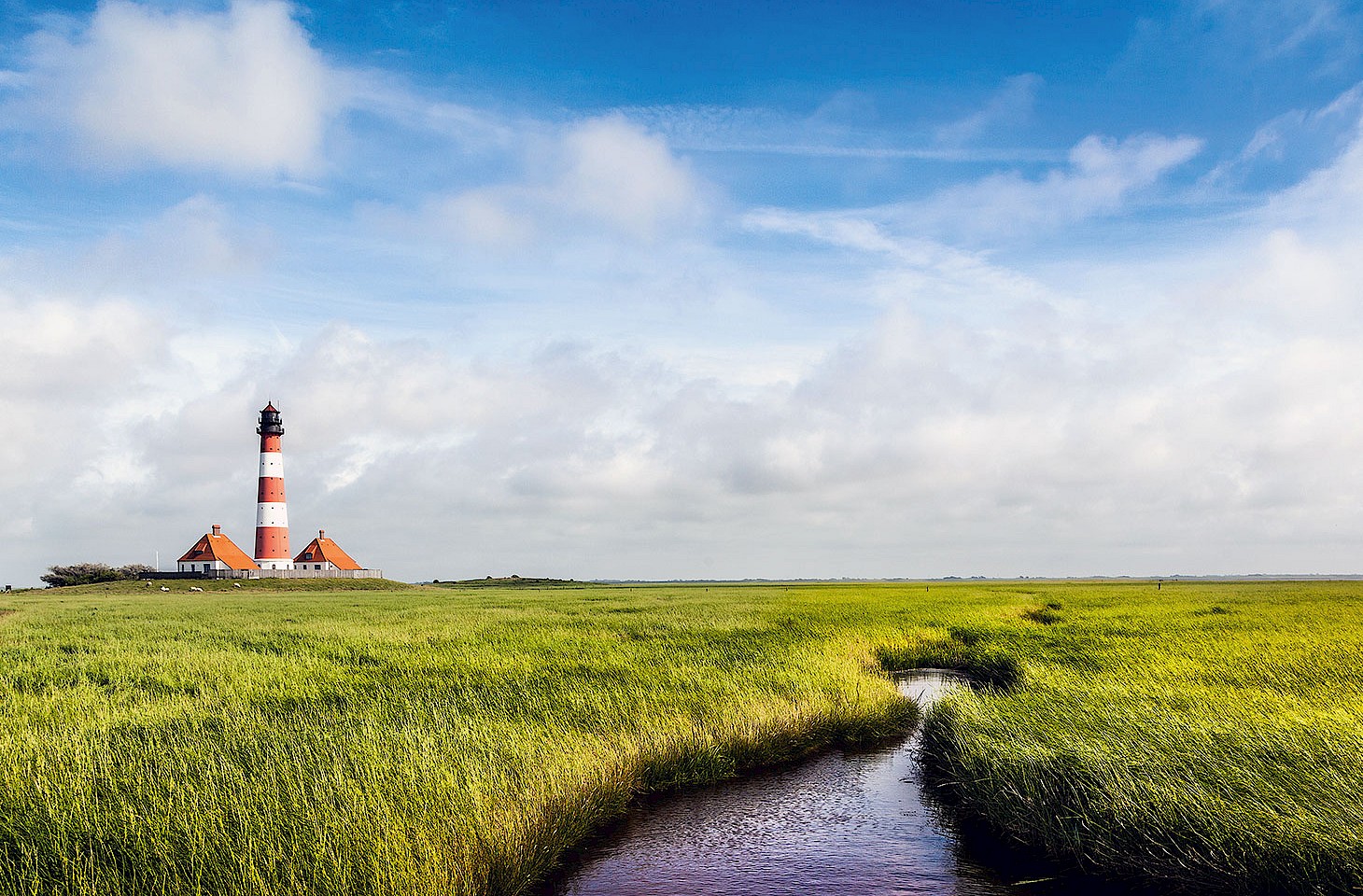In May this year, we touched on the knotty topic of gentilics - the names given to folk who hail from a particular country, region or town. You know the sort of word: Mancunians, Swedes and Orcadians. We proffered a few words of gentle gentilic guidance, counselling that the good citizens of the Greek island of Lesbos are not necessarily lesbians. Little did we reckon with the ferocity of the response from Lesbos, for evidently there is a vocal minority of Lesbos residents, mainly men it has to be said, who are very proud to call themselves Lesbians. Indeed, local publisher Dimitris Lambrou is presently embroiled in some complicated legal tussles to try and reclaim the ‘L word' for himself and fellow islanders. Ours not to reason why!
hidden europe 21
Hidden europe 21: threads
Summary
A chance to pick up the threads of earlier issues of hidden europe. From chess boxing to the knotty question of what folk from the Greek island of Lesbos should call themselves. Lesbians, perhaps?
The hidden europe award for ingenuity in creating new European rail travel opportunities is awarded to Austria's state rail operator, Österreichische Bundesbahnen (ÖBB). We look at what ÖBB will offer anew for 2020, and examine too what's new on the rails in Russia, Germany and elsewhere across Europe.
As winter slipped slowly into spring in 1917, Lenin passed through Berlin on his journey back to Russia from Switzerland. His onward route from Berlin took him by train to Sassnitz, then on by ferry to Trelleborg in Sweden. These days it's still possible to follow the route taken by Lenin, using the occasional direct trains from Berlin to Sweden.
Within just a few centuries, the geography of the Frisian region has been reshaped by storms and tides. Paul Scraton is a regular writer for hidden europe; here he explores Germany’s Wadden Sea coastline. It’s a tale that shows the power of the sea.




